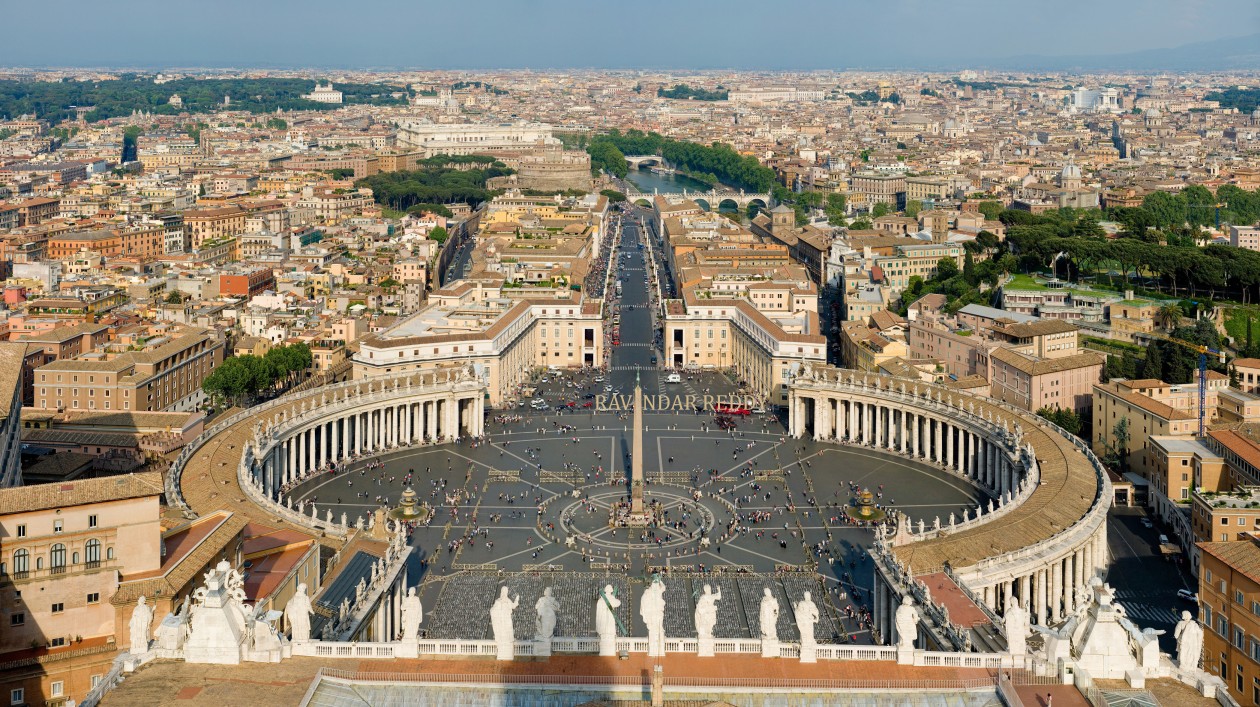“Rome, Open City” is a landmark film in the history of Italian cinema. Released in 1945, just a few months after the end of World War II, it was one of the first films to depict the harsh reality of life in Rome during the German occupation. Directed by Roberto Rossellini, it is widely regarded as the quintessential work of Italian neorealism, a cinematic movement that sought to portray the lives of ordinary people in a realistic, unvarnished way.
The film’s title refers to the fact that Rome was declared an open city by the Italian government in 1943, meaning that it was not defended militarily and could be occupied by any invading force. As a result, the city was subjected to a brutal occupation by German forces, who used it as a base for their operations in Italy.
The film tells the story of a group of resistance fighters, led by the charismatic communist Manfredi (played by Marcello Pagliero), who are trying to disrupt the German occupation and The central character is Pina (played by Anna Magnani), a widow who is engaged to Francesco (Francesco Grandjacquet), a Resistance fighter. When Francesco is betrayed and captured by the Germans, Pina is determined to save him, even if it means risking her own life.
What sets “Rome, Open City” apart from other war films is its raw, unflinching portrayal of the horrors of war. Rossellini shot the film on location in the streets of Rome, using non-professional actors and minimal sets. The result is a documentary-like realism that gives the film a sense of immediacy and urgency. The scenes of the German occupation are particularly powerful, as we see civilians being rounded up and arrested, and resistance fighters being tortured and executed.
One of the film’s most memorable scenes is the final one, in which Pina is shot by a German soldier as she tries to rescue Francesco from a truck that is taking him to prison. The scene is shocking in its suddenness and brutality, and it underscores the film’s central message: that the price of freedom is often paid in blood.
“Rome, Open City” was not only a groundbreaking work of cinema, it was also a cultural and political statement. Released at a time when Italy was still reeling from the effects of the war, it was seen as a call to arms for the Italian people, urging them to resist the remnants of fascism and embrace the values of democracy and freedom. It was also a declaration of independence for Italian cinema, which had been dominated by Hollywood films before the war.
The film’s impact was immediate and far-reaching. It won critical acclaim at film festivals around the world, and was hailed as a masterpiece of neorealism. It also inspired a generation of Italian filmmakers, including Federico Fellini and Luchino Visconti, who went on to create some of the most iconic films of the 20th century.
More than 75 years after its release, “Rome, Open City” remains a powerful and relevant work of art. Its message of resistance and liberation continues to resonate with audiences around the world, and its influence can be seen in the work of filmmakers and artists in every corner of the globe.
In conclusion, “Rome, Open City” is a landmark film in the history of Italian cinema, and a masterpiece of neorealism. Its raw, unvarnished portrayal of the horrors of war and the resilience of the human spirit make it a timeless work of art that continues to inspire and move audiences to this day.

For my thesis, I consulted a lot of information, read your article made me feel a lot, benefited me a lot from it, thank you for your help. Thanks!
Very nice post. I just stumbled upon your blog and wanted to say that I’ve really enjoyed browsing your blog posts. In any case I’ll be subscribing to your feed and I hope you write again soon!
I have read your article carefully and I agree with you very much. So, do you allow me to do this? I want to share your article link to my website: gateio
yes why not, share only link not add a artical
Reading your article helped me a lot and I agree with you. But I still have some doubts, can you clarify for me? I’ll keep an eye out for your answers.
Do you mind if I quote a couple of your articles as long asI provide credit and sources back to your website?My blog site is in the very same niche as yours and my users would certainly benefit from some of the information you present here.Please let me know if this okay with you. Thanks!